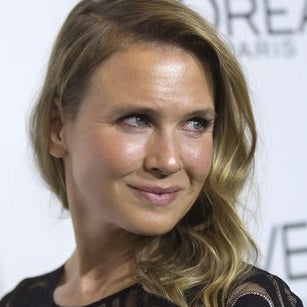
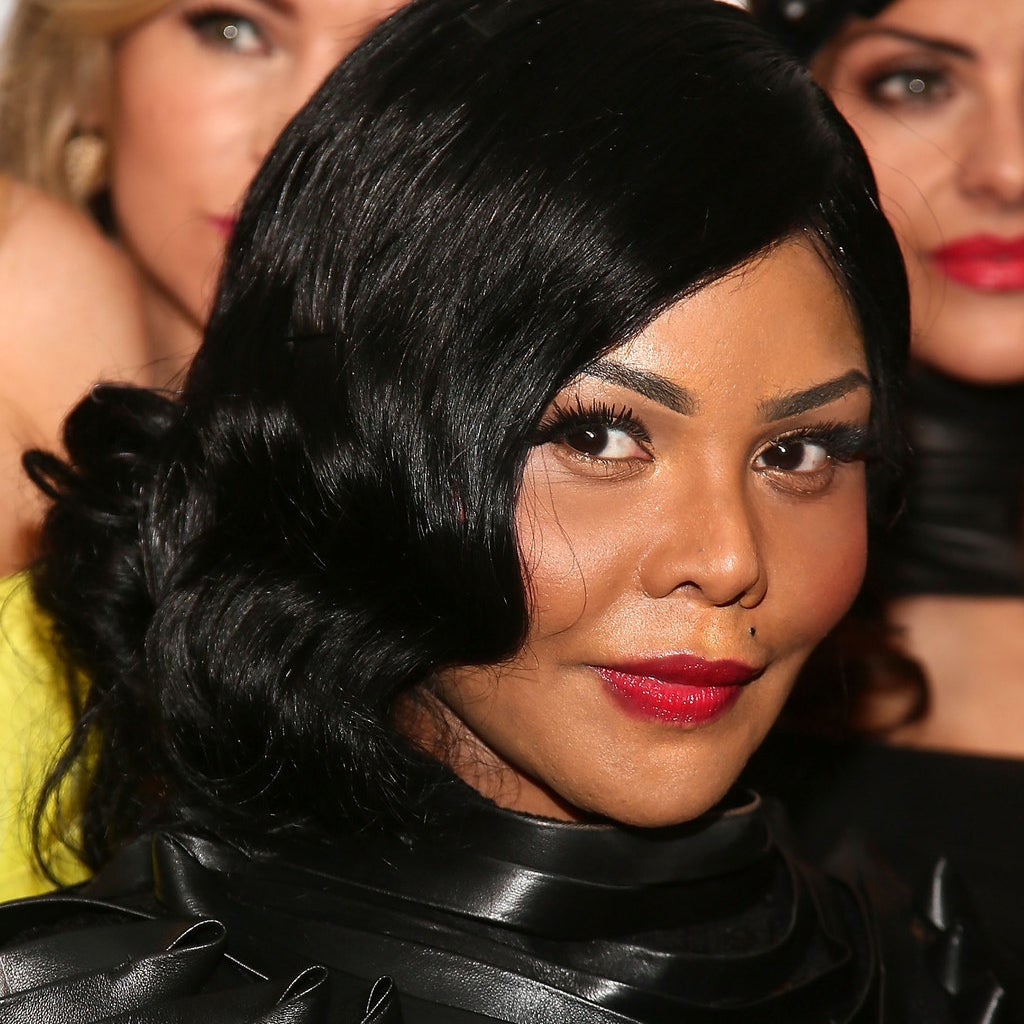
When Renée Zellweger walked the red carpet at the Elle Women in Hollywood Awards last week with a face that many deemed "unrecognizable," the reaction from the court of public opinion was swift, relentless, and all-too-expected: What had she done to herself? And why? Her crime appeared to be plastic surgery, and many were quick to judge her for it. But what happened in the hours following was something remarkable and rare: The internet declared a mistrial. Numerous news outlets, including this one, rushed to Zellweger's defense, and the mirror that had been thrust so closely to her face swiveled around to reflect our own ugliness — namely, the impossible standards of beauty and youth to which we hold female celebrities, and the backlash said celebrities face when they go behind the back of Mother Nature to achieve them.
But the think pieces, tweets, and status updates begging us to just "leave Renée alone" don't represent a feminist shift toward a society that promotes fairer and more realistic expectations for the looks and choices of women in Hollywood. Rather, they illuminate our collective tendency to defend and protect a specific type of female celebrity — a white one.
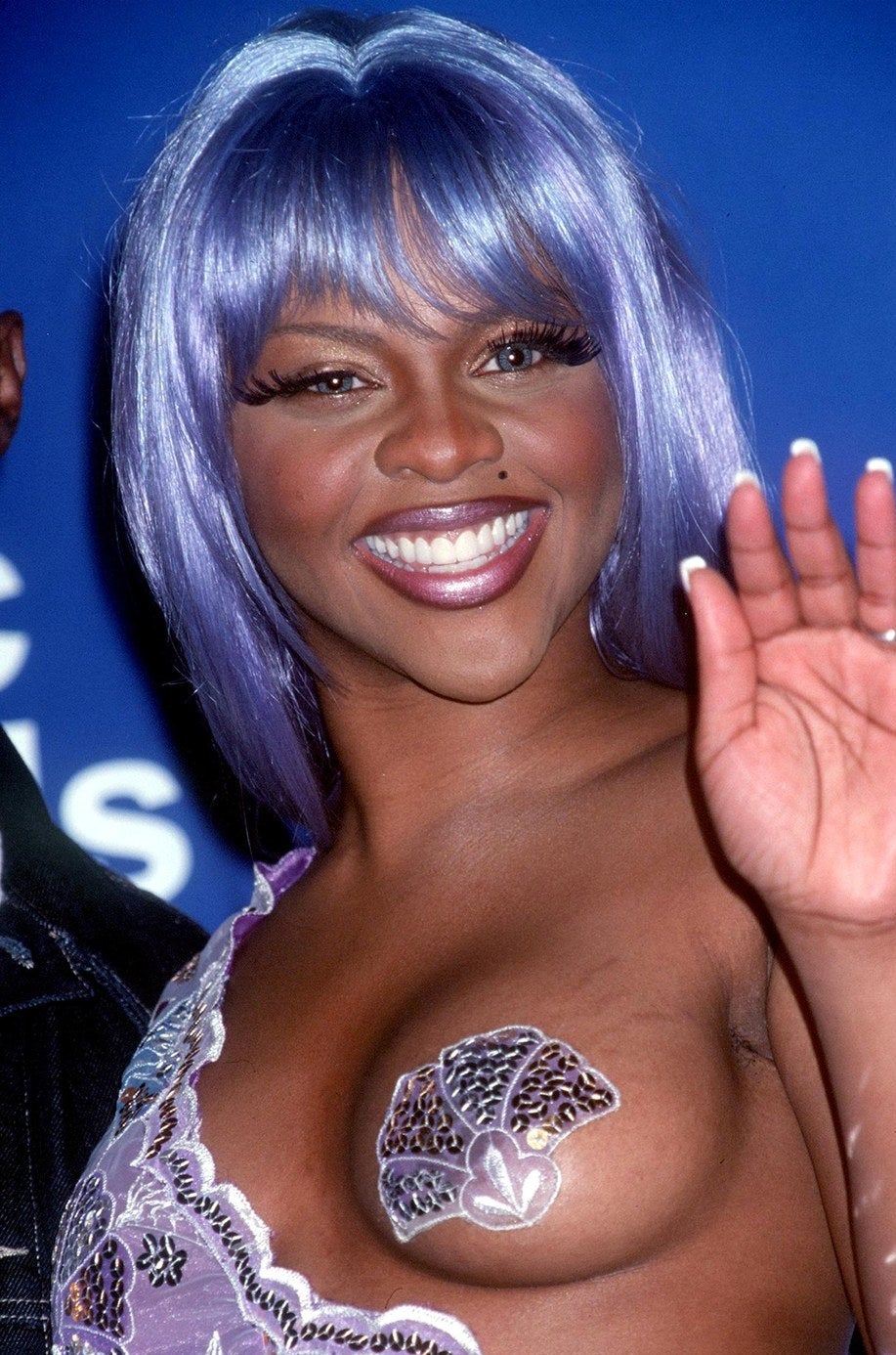
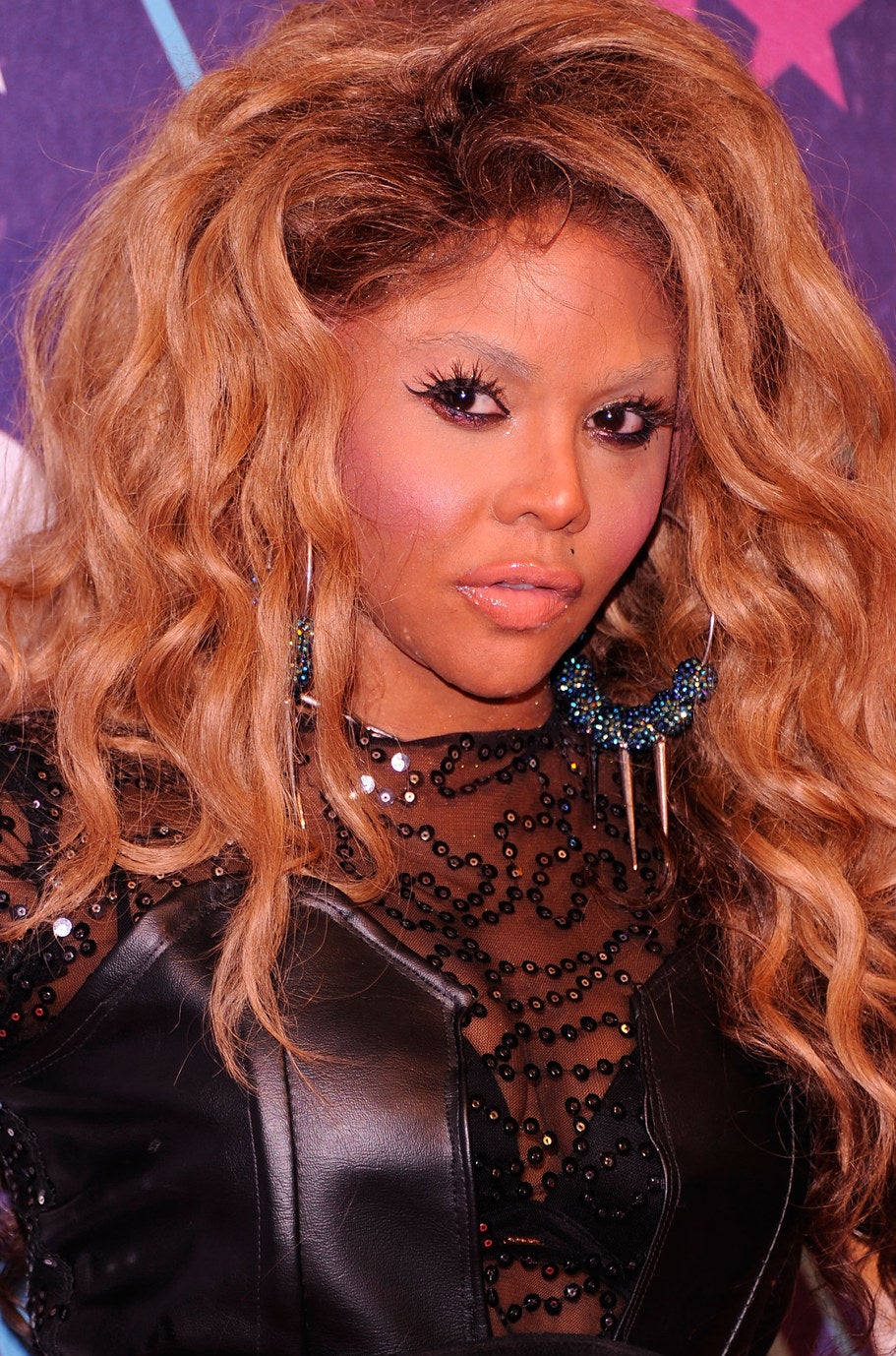
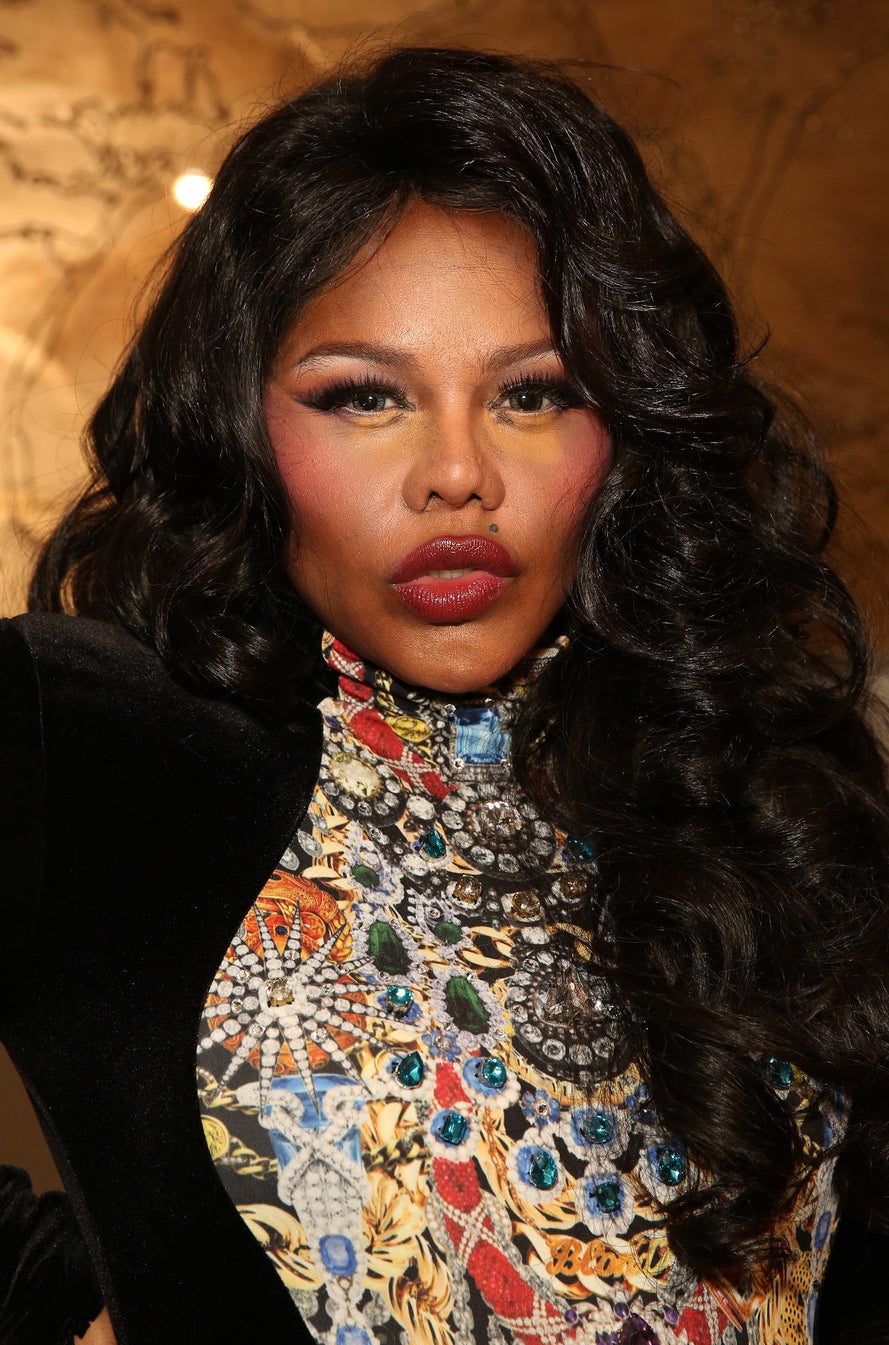
From left: Lil' Kim in 1999, in 2012, and in February 2014.
Last year, rap legend Lil' Kim was mocked relentlessly for a face that the Huffington Post described as "hamster cheeks, smooth complexion, and Michael Jackson nose." Like Zellweger, Lil' Kim had been relatively absent from the spotlight for some time since her years as a multiplatinum-selling rapper, one of hip-hop's few female stars. When she appeared in 2013 at events in West Hollywood and New Jersey with high, prominent cheekbones, full lips, a tapered nose, and lighter, tighter skin, she, too, was considered "startlingly unrecognizable." Yet, outside of a few fan comments on articles, there was no "leave Lil' Kim alone," nor were there dozens of web writers critically examining the culture that condemned her. Instead, on Twitter, several users likened her face to plastic masks worn by murderers in last year's horror hit The Purge. By contrast, Zellweger's transformation has exposed an "imbalanced culture," "savage news cycle," and "horrible face-shaming."
The Lil' Kim example, while parallel, is admittedly not a perfect one. Lil' Kim had been slowly transforming her face for some time, looked markedly more different than Zellweger's (whose didn't look that much different), and some of her alterations — the apparent skin lightening, the nose job — seemed to show a woman who was not only trying to achieve a more youthful look, but also a whiter one.
Nonetheless. Didn't she also deserve the right to make her own choice without being "face shamed"? And why was she forced, through her rep, to issue a harshly worded statement in her own defense, while Zellweger was able to make gracious comments after what seemed like the bulk of online news media was already on her side?
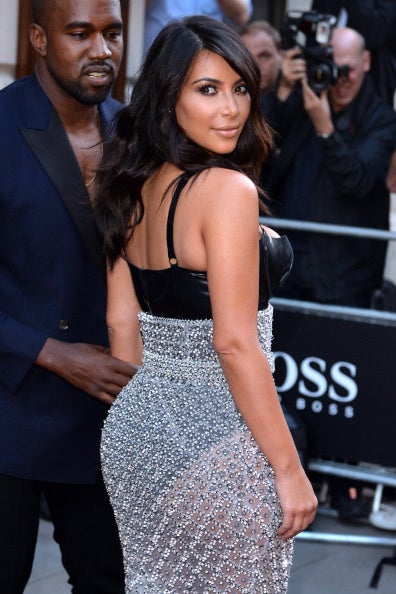
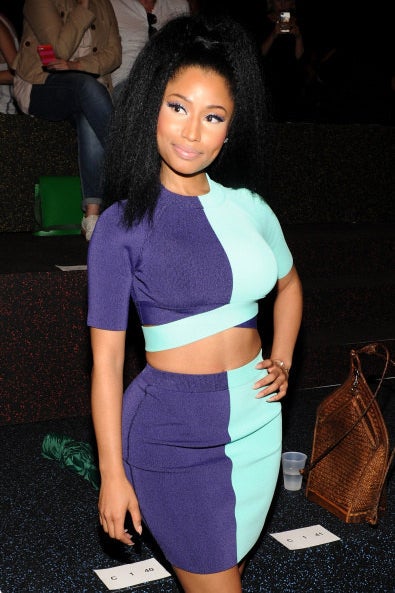
Lil' Kim isn't the only black celebrity who hasn't had the luxury of getting defended by the court of online opinion. Nicki Minaj has been questioned endlessly about the legitimacy — or, rather, lack thereof — of her signature derriere, as well as her face. Yet, while many feminists have debated and defended her sexuality and lyrics, they've been relatively (though not completely) quiet on her right to have whatever plastic surgery she wants and get people off her back(side).
Or, look at Kim Kardashian, whose history of dating black men, ample curves, and ethnic ambiguity proximate her in many minds closer to blackness than to whiteness. Like Minaj, the solution to the "riddle" of whether Kardashian's butt, nose, or post-pregnancy weight loss are natural has been debated over and over and over again — instead of holding her up as an example of the impossible demands put upon female celebrities (and despite her repeated answers).
While the defense of Zellweger was ultimately a necessary feminist act, it was also an exclusionary one, born of a casual hypocrisy not unlike that which propelled the names of Jennifer Lawrence, Kate Upton, and Ariana Grande to the headlines of the celebrity nude leak scandal while burying those of Jill Scott, Gabrielle Union, and Keke Palmer. Zellweger's beauty — artificial or not — is something to cherish and protect, while the beauty of women like Lil' Kim, Minaj, and Kardashian simply isn't.
As if that weren't enough, the "damned if they do, damned if they don't" paradox that women in Hollywood face when it comes to plastic surgery carries an extra edge for those of color. As explored in Maureen O'Connor's lengthy article on the trend of "ethnic plastic surgery" earlier this year, many of the procedures undergone by women of color are seen — usually by white people — as an attempt at "Westernizing" (read: whitening) themselves. Rather than just famous people trying to keep up like everyone else in Hollywood, celebrities of color who go under the knife are also stripped of their agency and authenticity. At best, they're victims of a majority that doesn't grasp that perhaps not everyone actually needs (or wants) to look like them. At worst, they're race traitors.
All women have the right to not be shamed for plastic surgery. But they'll have a much easier time of it if they're white and already conform to a normative standard of beauty that is also defined by whiteness. Should Zellweger have been defended? Absolutely. But so should Lil' Kim. Until that happens on as broad a scale, our "feminism" will be nothing more than plastic.
